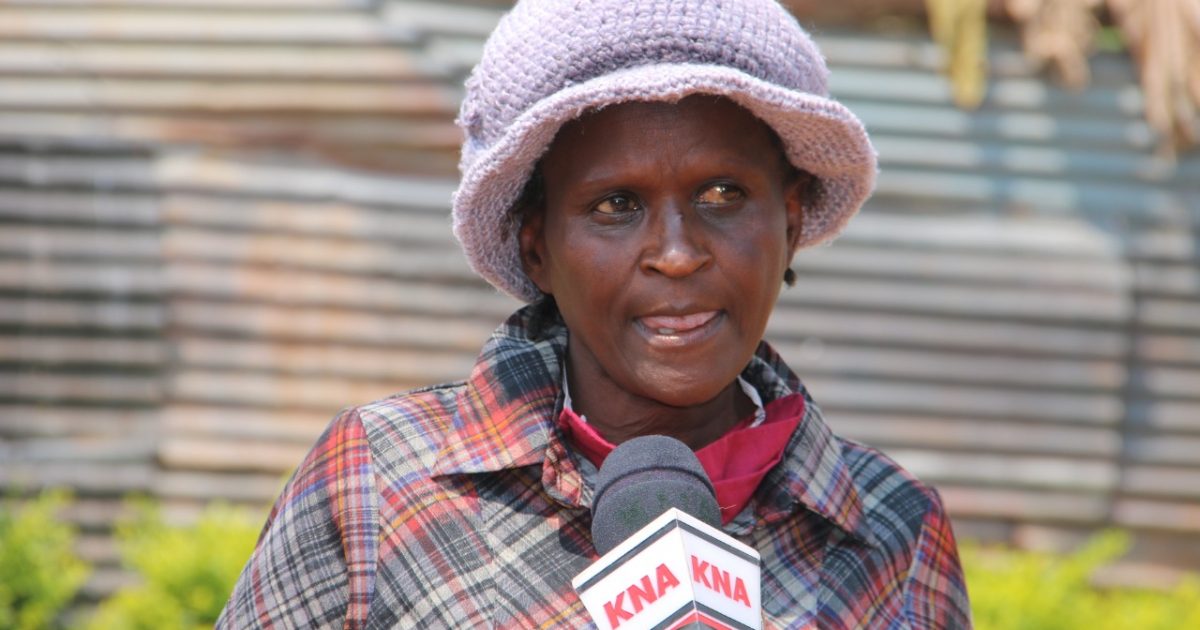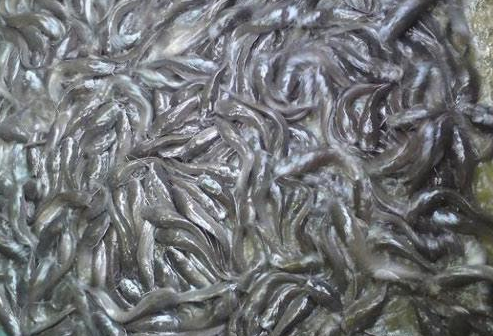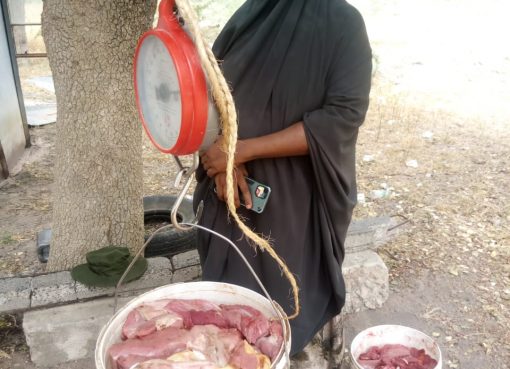It is big challenge to run a children’s home without support from well-wishers. It is even a bigger challenge to run such a facility if the children are HIV positive, and the Covid19 disease is larking.
Located in Bomatara village, Nyakoe Ward in Kisii County, Angelic Ark Centre is a haven of peace to 30 orphans, 90% 0f who are living with HIV/Aids patients.
According to Violet (not real name), the home lacks basic facilities like water and food which are vital during the pandemic as stated by the Ministry of health.
Violet explains how they fetch water from a nearby spring owned by the community, who do not only stigmatize them because of their condition, but pose risk of contracting Covid19 infection owing to their vulnerable health condition.
Violet says her mother passed on three years ago but she could not live with the disabled father because he was very poor and could neither take care of her in her condition, nor take her to school.
She says she was grateful when the facility rescued her when she was on the verge of dropping from school.
She appealed to the society to assist the facility where many like her can find love and peace.
Class seven Tom (not real name) explains the woes that befell him after he was orphaned by HIV/Aids, including living with his poor grandmother before he was rescued into the facility four years ago.
He narrates how he had defaulted taking his medication severally because he did not want people to know about his condition before he joined the facility.
However he found social support from others like him at the centre and was encouraged after realizing he was not alone.
The Director and founder of the facility Francis Asaka says he and his wife who is a nursing officer were moved to start the facility after realizing many children went to collect medication from the clinic but never took them either because they forgot, or feared tigmatization.
He cites various challenges including, lack of transport to take those ill to the hospital especially during the night curfew hours, lack of funds for medication of complications which are not HIV related, few structures and a small portion of land where they farm vegetables, and poultry to supplement what the community offers.
Asaka decries sharing of beds by up to three children adding it was not conducive during the Covid19 pandemic.
The facility has a female worker who mother s the children and runs basic chores with the children,
Orpha Kwamboka says she has to wake up at 6am to give medication for those that must take, and to prepare breakfast of porridge or tea and sweet potatoes depending on what is available.
Kwamboka says such children must be reminded to take their medication because sometimes they forget.
To her lack of food supplies and proper nutrition is a big challenge during the pandemic.
Heavy rains that frequently pound the area affects the cooking process especially because the source of energy for cooking is basically firewood, and the kitchen is open structure that barely has a roof.
Program manager Amisi Oyunge notes that one of the facility director’s was a nurse who assisted with the health matters of the children most of who were born with HIV.
He explains that all the primary school children learnt in public institutions but those in secondary (5 of them) were in boarding schools.
He appeals to well-wishers to help increase infrastructure to relieve the congestion, and to enable accommodation of more children, borehole for source of water and building a social hall for the community.
The facility stands on a ¼ acre of land housing the children who are aged between 3 and 21 years although half of the population has been forced to locate their relatives and live with them during the pandemic season.
Other workers at the institution include a house mother and a shamba boy.
By Clinton Nyamumbo and Jane Naitore





